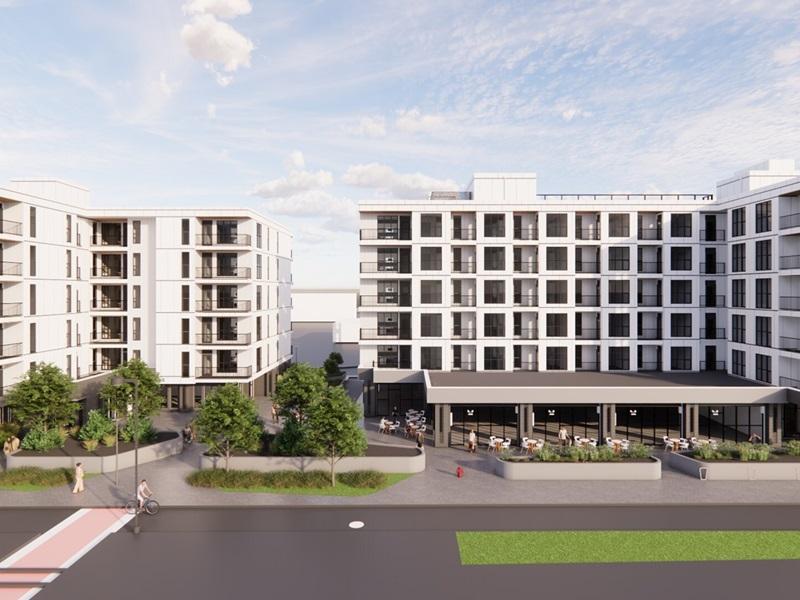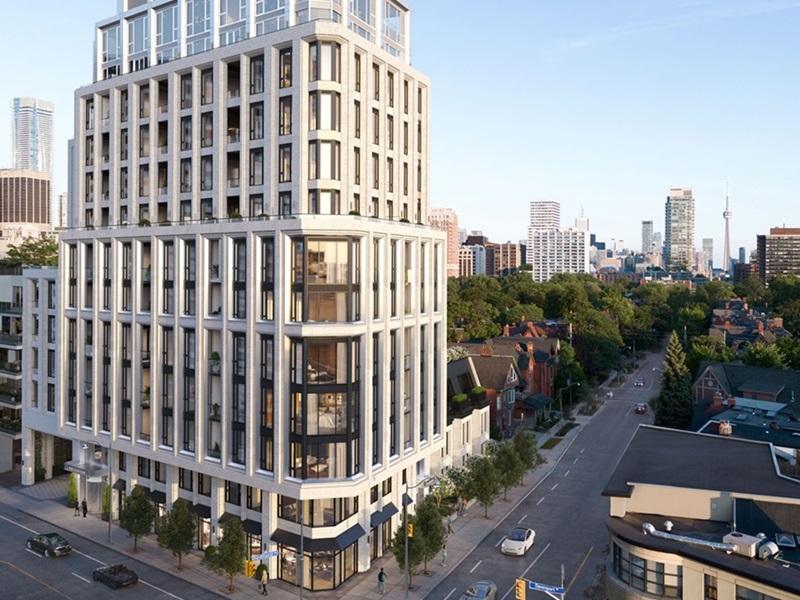REALpac and the real estate sector swiftly reacted to the news the City of Toronto faces a budget shortfall of nearly $500 million in 2017 by forming a coalition with a singular message: don’t expect the commercial real estate sector to pay the freight again.
 That’s something of an oversimplification. The message to be delivered to City Hall is a bit more nuanced, and can be distilled to no new “knee-jerk”‘ taxes and a request to look within the massive municipal machine to find the revenue shortfall.
That’s something of an oversimplification. The message to be delivered to City Hall is a bit more nuanced, and can be distilled to no new “knee-jerk”‘ taxes and a request to look within the massive municipal machine to find the revenue shortfall.
Michael Brooks, chief executive of REALpac, describes the budget crisis as a short-term issue that should not be used as an excuse to create long-term tax burdens.
“Reasonable and broad-based funding can be realized within the existing revenue toolbox without the need to introduce more funding mechanisms,” he said.
REALpac’s coalition includes the Building Owners and Managers Association Toronto (BOMA Toronto), NAIOP Greater Toronto, the International Council of Shopping Centres (ICSC), the Building Industry and Land Development Association (BILD) and the Toronto Financial District BIA.
No new parking tax
What is the group’s biggest worry? It’s that city politicians look to a new parking tax as a quick way to patch the funding gap, which is expected to be widest in 2017 and 2018.
“More than anything we are concerned with a parking tax,” said Brooks Barnett, REALpac’s manager of government relations and policy. “It is something that the city had looked at in the prior years and the province had looked at . . . and it has been considered in Vancouver.
“They have failed every time. They have generally been thought of as an unfair double tax that is administratively complex to enact and to execute and it won’t really do anything to enhance the city’s economic competitiveness.”
Plus, relying on the commercial real estate sector to act as the city’s golden goose goes too far, said Barnett, noting the industry is “already paying more than its fair share” with commercial tax rates about four times those levied on residential property owners.
The group noted in a press release this week City of Toronto taxes are “significantly higher” than those in the surrounding 905 municipalities. Raising taxes further could result in a hollowing-out effect if the municipality is not diligent about overburdening the real estate sector.
REALpac quickly formed coalition
REALpac was able to quickly create the coalition because the parties had already coalesced in 2013 when the parking tax issue was considered by the Province of Ontario.
The most recent effort will include traditional lobbying as Barnett and others will be meeting with councillors and attending committees. Education is also on the table.
The six partners are funding an economic study laying out arguments against the parking tax and other new revenue tools backed up by a white paper. Those will come out by the end of June, well before the city’s financial team releases its set of recommendations in the fall.
“In short order, as we do with all of our advocacy efforts at REALpac, we are going to have to keep up the pressure with public policy folks at the city,” Barnett said.
“This might be a very big public policy conversation that we need to make sure that the industry is plugged into.”
Municipality needs to look within
Barnett said the real estate coalition has not identified any single “silver bullet” to fix the city’s funding gap, but rather advises the municipality to look to a “toolbox” of solutions.
Those include asset optimization, fee-for-service models, integration of long-term financial planning and prevention of further unfunded capital commitments.
“We would probably argue first and foremost that the inside of government strategies really need to be looked at first,” said Barnett.
“There are other charges and fees that would be useful that are broad-based and that will I think be fairer for the city as opposed to continuously hitting one industry over another, i.e. ours.”
In 2014, REALpac released a study that found Toronto, along with Montreal and Vancouver, sport the highest commercial to residential tax ratios in the country. The three had commercial-to-residential tax ratios higher than 4:1, while the average tax ratio for all Canadian municipalities was 2.79.
The good news for commercial property owners in Toronto is the ratio has been slowly falling for more than a decade and at the time of the study’s release, had slipped from 4.07 to 4.01 in the most recent year.
The city has said it does recognize the need to stem the exodus of business to the suburbs and has a long-term goal of a 2.5 commercial to residential tax ratio.







